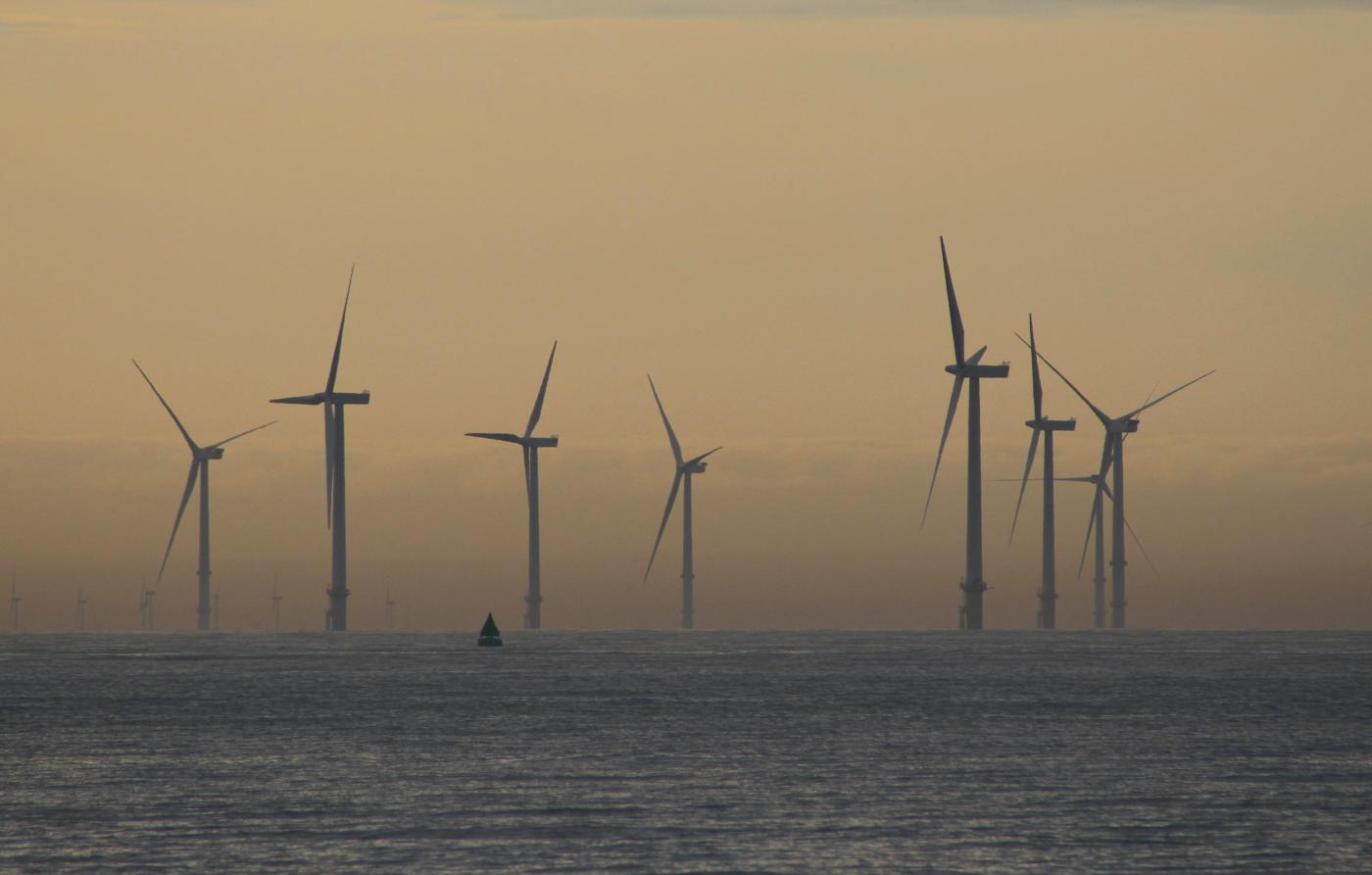Offshore wind farms to contribute 18 GW to Poland’s power grid by 2040
Offshore wind farms will contribute 18 GW to Poland’s national power system by 2040, announced Jakub Budzyński, President of the Polish Offshore Wind Energy Society (PIMEW), during a conference on Thursday. Pomeranian Deputy Voivode Emil Rojek emphasized the strategic importance of these developments.
business power engineering maritime economy offshore news10 april 2025 | 15:53 | Source: PAP / Gazeta Morska | Prepared by: Kamil Kusier | Print

fot. Pixabay
The XIII National Maritime Law Conference is taking place this Thursday at the Faculty of Law and Administration at the University of Gdańsk, focusing on key legal and regulatory aspects of offshore wind energy from a Polish perspective.
President Budzyński highlighted that as of late last year, Poland's transmission system operator PSE reported a total installed generation capacity of 72 GW (72,000 MW) in the National Power System (KSE).
- Offshore wind farms will deliver 18 GW to the Polish grid by 2040 — and in practice, much sooner, likely around 2036–2037. That’s just 12 years from now, Budzyński explained. - Compared to current levels, this will represent a 25% increase in installed capacity — and of exceptionally high quality.
While offshore wind is already a well-established sector across Western Europe, in Poland it is still considered an emerging innovation. Budzyński stressed that its development represents not only a major opportunity for higher education and academic research, but also a powerful catalyst for revitalizing technical and vocational training.
Pomeranian Deputy Voivode Emil Rojek underscored the scale of the investment: “Since the construction of Gdynia, we haven’t seen such a vast and capital-intensive undertaking in the maritime economy.”
Member of the European Parliament Magdalena Adamowicz noted that enhancing the competitiveness of the EU economy through the development of sustainable energy sources is a priority for the new European Commission. She emphasized that the energy transition is not a choice but a necessity.
- We must remain pragmatic in aligning with our actual capabilities — and that’s what we’re advocating for. We’ve already seen the drawbacks of overly restrictive and fast-paced regulations from the previous term. While we won’t be reversing them, we will certainly be slowing things down, Adamowicz stated.
see also
Buy us a coffee, and we’ll invest in great maritime journalism! Support Gazeta Morska and help us sail forward – click here!
Kamil Kusier
redaktor naczelny
comments
Add the first comment
see also
Navantia and Fincantieri deepen cooperation on the european patrol corvette programme
Galeon Yachts and Meyer Shank Racing: merging luxury yachts with motorsport expertise
Unmanned systems and naval firepower modules. WB Group showcases integrated capabilities at Enforce Tac 2026
Swedish ports record lowest ship calls in 18 years. Implications for the maritime sector
February in Szczecin’s shiprepair sector. Ice, overhauls and North Sea expansion
Advanced ROV trials conducted at CTO to validate subsea technologies for offshore applications
University of Gdańsk and PGZ Naval Shipyard join forces for innovation and security
Stadt Naval to deliver electric propulsion system for Polish rescue vessel Ratownik
Gdańsk port’s Basen Górniczy to gain modern port infrastructure
First month of Jantar Unity operations. Polsca ferry paves the way for Batory program units
ADVERTISEMENT
ADVERTISEMENT